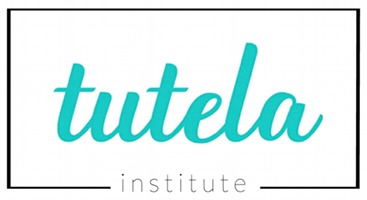the Tutela Language & Literacy Enrichment Center!
Conveniently located at 620 Hemlock Drive in Windsor near Eastman Park
Monday through Thursday 7:30am to 5pm
$350/week
Started by a licensed speech language pathologist and professor and UNCO the mission of the Tutela Language and Literacy Center is to provide high quality, evidence-based early childhood care to families to improve early childhood development outcomes through a focus on language, literacy and parent engagement.
Process Driven Development:
We seek to help students built their own system of iterative, continual, complete, and consistent progress that grows with them. Teaching processes encourages a growth mindset, not the fixed “learn and dump” of a hit milestones and move on approach. This applies to not only the students but to teachers and this very document as well.
Tenets:
- Independence:
Freedom to fail, practice, and repeat until mastery solidifies learning and builds resilience, problem-solving skills, and self-efficacy. We all need this opportunity to explore and determine interests. Adults are guides and models for the children and not there to dictate each individual action and decision.
- Critical Thinking:
Critical thinking skills are learned through play and everyday routines. Pausing and allowing time and space is fundamental for language and literacy development. Without critical thinking the child won’t be able to build upon and combine fundamental on their own.
- Language & Literacy:
Language is cognition. There is no literacy without language.
A strong language foundation allows greater and more complete context and access to the content of their world.
- Parent Engagement
Learning doesn’t only happen during business hours; we seek out and hope to partner with parents who see the value in a unified front and want to learn and grow alongside their child. Without the support and engagement of guardians at home we will be limited in the impact we can achieve.
Why do these tenets matter?
These are critical first mover skills, you cannot skip them. The earlier and more concrete we can develop these skills and strengthen their connections to each other the better we set children up for success later in life. We do this not just to teach here and now but to create a greater capacity and system for learning.
Someone who never starts this process will have a much harder life than those who do. One who starts later is at a stark disadvantage to those who begin right away. And in real life scenarios the difficulty of starting late and being seen or seeing oneself as ‘behind’ or ‘not as smart’ makes starting late not just difficult but unlikely.
In order to achieve all their potential, students must start early and create processes that they can use for the rest of their life.

